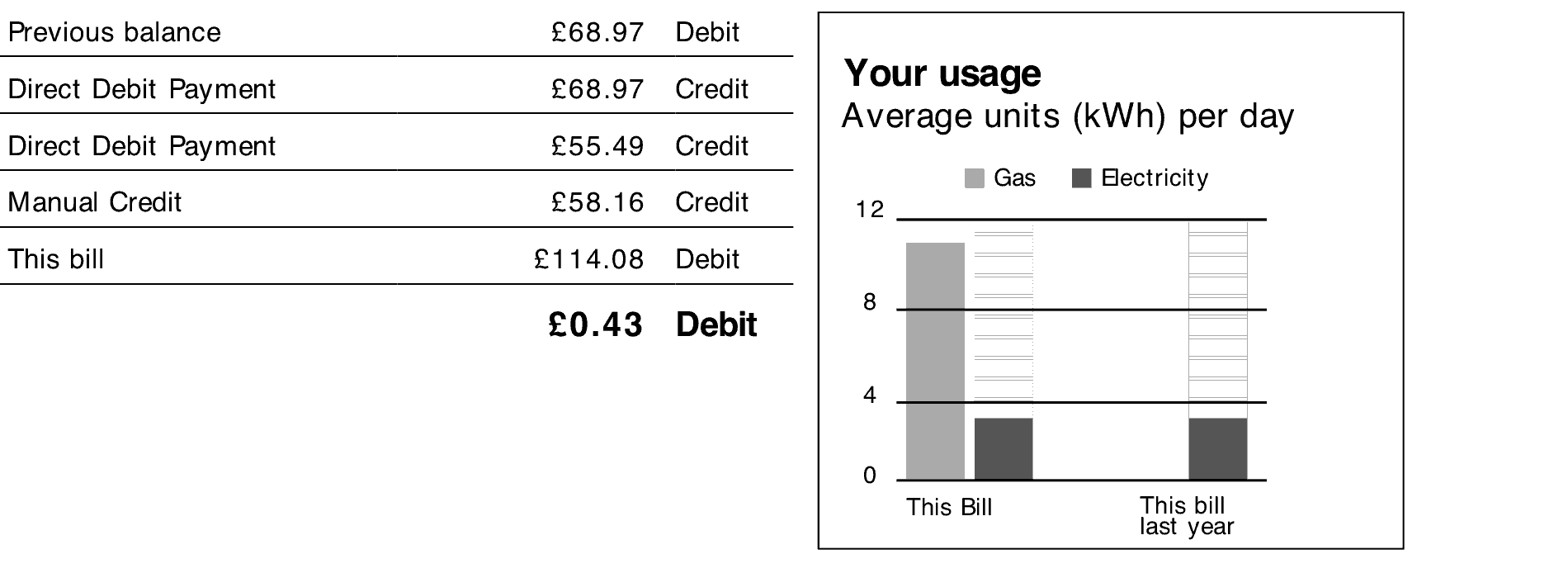Earth Notes: Banking to Green - Becoming an Energy Efficiency Nerd (2017)
Updated 2025-12-26 08:54 GMT.By Damon Hart-Davis.

I am sometimes asked how I got into energy saving and being greener. I confess that I was highly sceptical about global warming (etc) originally.
I'm a 'STEM' person, a techie, a geek, a nerd.
I like doing that with electronics, with software, and lately with energy and thus carbon.
With the electronics and software no one should be astonished that I spent quite a lot of my time working with embedded systems, where squeezing glory from a severely-constrained device is an art form and a necessity, from robots in the s through to smart radiator valves three decades later (similar compute power for much less energy in this case).
The Road to Ruin: Defence, Oil, Banking
Somehow it all went wrong in the middle and I slipped to the dark side of defence (SSCS on the Type 23 frigate), oil (BP Exploration), and banking (including Lehman Brothers and RBS).
It turns out that in any of those, being able to do more with less, and turn out something tens or hundreds of times faster than your rivals, is a well-rewarded skill.
Naturally, I had some side projects. Such as my Internet Service Provider back in the days when no one knew what email was, and SPAMmers and the modern live broadband Internet had not come to pass!
I used to run banks of computers such as Sun workstations of sufficient age that on one clear-out I had a long discussion with the Science Museum in London as to whether they might like to move my production equipment straight to a glass cabinet ... They did not have the space, alas!
Those workstations used to chomp up the kWh like nobody's business. In summer I would end up with a cooling problem. In winter even in an old house I was never in danger of frost damage either.
My electricity bills were large, maybe two or three times that for a house of the same size, but after all I was running an ISP from home... Still, you should have seen my phone bills in those days; I broke BT's — and my local cable company's — billing systems in interesting ways.
And then in (late) I realised that I could do better. I could kill the annoying hot sweatiness from my home office, along with the struggling noisy portable air-con unit, and the annoying bills...
A few years ago I suddenly saw my energy bills as another performance metric that I could tweak just like optimising Lehman Brothers' derivatives calculations that I was nominally paid squillions to do.
In fact, this whole area is full of numbers and graphs and science and gadgets and interesting techie puzzles, never mind the grand+ per year that I'm saving on my energy bills or indeed that "hippy commie yoghurt-knitting greenie" conspiracy about cutting carbon footprint to help avert global warming.
From aerogel and LEDs to iButtons and thermal imaging, you should see some of the fun I've been having!
So that's really how I got going: while adding two children to my household I more than halved my energy demand and added enough solar PV to cover all the remaining, by applying my optimisation skills to (part of) real life.
Climate Change
But my motivation moved beyond simply the mechanics and engineering of saving electricity and gas to the much wider concern for my children's (and other's) future with climate change.
One aspect that I understand reasonably well from two decades in investment banking is risk. You should treat the value of something happening, good or bad, as approximately the cost/value of event if it were to happen multiplied by the probability of it actually happening.
I'm happy to take measured risks, which is why I formed an open source project, and then a start-up, to help Jo Everyone cut carbon. The start-up has worked its way through an EU-funded low-carbon accelerator, some very useful funding from Innovate UK, and is on course to start cutting kilotonnes of carbon and saving consumers millions of pounds within a year or two. My aim is to knock several percent off Europe's carbon footprint while saving normal people lots of money!
So I find very frustrating the constant risk-taking with all our futures by people who obstruct action to head off the vast risks from climate change. They are often selfish fat white old men* who'll be long dead before the real consequences hit. And just so that they can enjoy a few more rounds on the golf course. That really seems to me to be selling billions of birthrights for a mess of pottage...
Damon,
* Note that I am a selfish fat white (getting) old man myself.